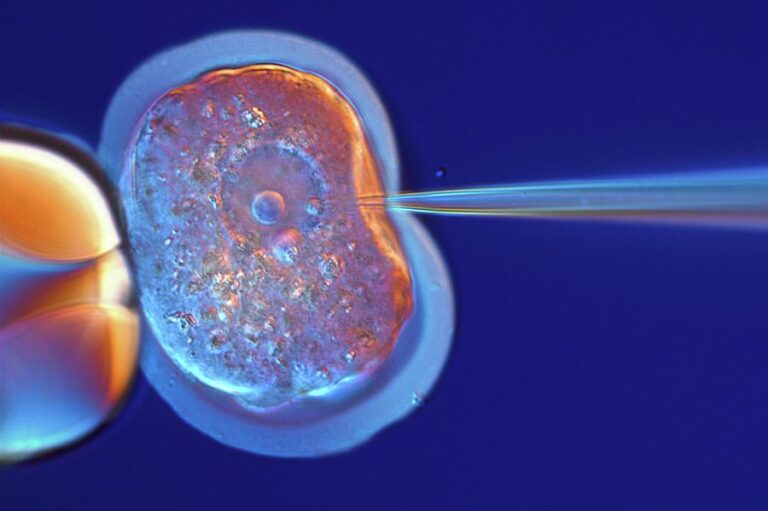
Legal Implications of Using Stored Genetic Material after Death- In today’s world, advances in reproductive technology allow for the possibility of using stored genetic material, like sperm or eggs, even after someone has passed away. While this opens doors to new family options, the National Library of Medicine warns of legal challenges to keep in mind.
One of the primary legal issues surrounding posthumous reproduction is whether the deceased has given explicit consent. In many jurisdictions, laws regarding this issue remain ambiguous. Some courts have permitted the retrieval of genetic material, such as sperm, shortly after death. However, questions about how and when it can be used often go unresolved until much later.
For instance, in certain countries like Australia, legal ambiguity surrounds both the retrieval and use of gametes (sperm and eggs). Even if sperm is retrieved with court permission, it may face legal barriers to being used later. In the U.S., there are limited regulations directly governing posthumous reproduction. It typically falls on medical professionals and private fertility clinics to establish protocols.
Another important consideration is the inheritance rights of children conceived after the death of one or both parents. The Uniform Probate Code in the United States has specific guidelines when genetic material is used after death. It requires that a deceased individual’s consent to posthumous reproduction be proven either in writing or through other clear evidence.
For the resulting child to have inheritance rights, conception must occur within a set timeframe after the parent’s death—either within 36 months of the death or born within 45 months of it. These timeframes help keep inheritance disputes to a minimum. However, they also add a layer of complexity to estate planning. If you are considering freezing genetic material for future use, clearly documenting your intentions is vital.
Courts often face difficult decisions when receiving a request to use stored genetic material. In one notable case, the mother of a young man who passed away unexpectedly in a motorcycle accident sought permission to retrieve and use his sperm. The court granted her request. However, there were no clear guidelines on whether it would be legally permissible to use the sperm to conceive a child.
In some jurisdictions, courts have allowed the retrieval of genetic material for medical purposes, interpreting organ donation laws to include sperm or eggs as a form of tissue. However, when using the retrieved material for reproduction, the legal situation becomes more complicated, with varying rulings based on specific case circumstances.
A highly emotional and legally complex issue arises when parents wish to use their deceased child's genetic material to have a grandchild. In some cases, courts have granted permission to parents to retrieve and use their child’s genetic material, citing the deceased’s potential wishes and the strong relationship between the child and parents. However, this practice is not universally accepted. Many jurisdictions have strict limitations on who can request the use of stored genetic material after death.
The legal landscape around posthumous reproduction is still evolving. There are many uncertainties that families may face when navigating these issues. Whether you are considering freezing genetic material or wondering how to address this situation in your estate plan, it’s essential to consult with a probate lawyer to ensure that your wishes are legally documented.
If you're concerned about the future use of stored genetic material or the inheritance rights of posthumously conceived children, now is the time to start planning. Contact our law firm today to request a consultation and start creating an estate plan that reflects your wishes and protects your family’s future.
Schedule your phone consultation: THE LAW OFFICES OF CLAUDE S. SMITH, III
Legal Implications of Using Stored Genetic Material after Death
Reference: National Library of Medicine (Aug. 7, 2018) “Creating life after death: should posthumous reproduction be legally permissible without the deceased's prior consent?”
Legal problems are extremely stressful, especially when your family, your health, or your freedom are at stake. At this point in time, you may not even be sure what kinds of questions you need to ask a lawyer, but that’s entirely normal. Whether your situation involves family law, estate planning, elder law, a criminal charge, or a personal injury, we will start by giving you all the information you need.
The way we see it, you deserve to get this information directly from an expert. That’s why we make it easy for you to get in touch with your lawyer, and we never ask you to sit down with a paralegal or assistant instead.
As our relationship continues, we will keep you updated about the status of your case every step of the way. Your lawyer will reach out regularly to tell you about any new developments, and he will also be happy to answer any questions you have throughout the process.
